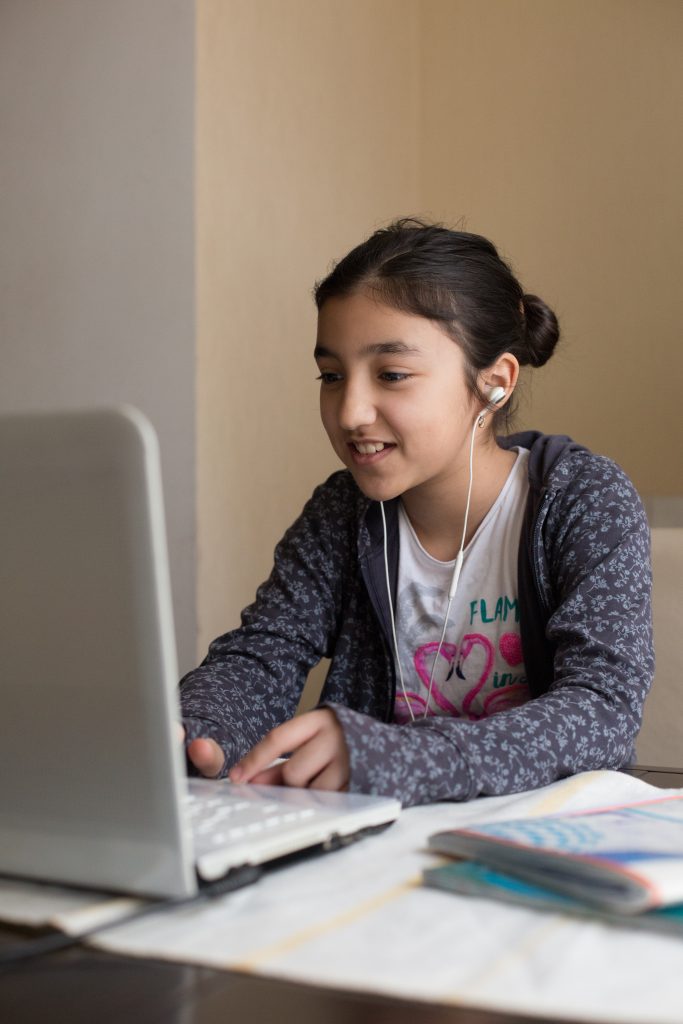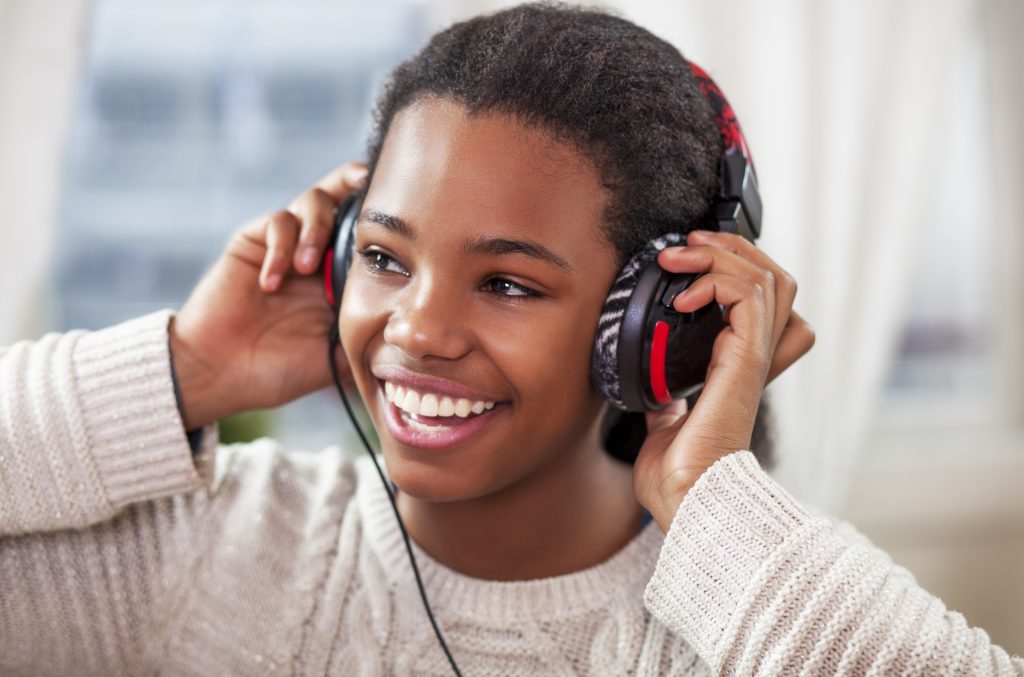Not going to school for a year – sounds like an ideal wish of the average school-aged child. However, the academic impact for Boston Public School (BPS) students due to the COVID-19 pandemic made a seemingly ideal fantasy a harsh reality.
According to a Boston Herald report, failing grades across four core subjects at Boston Public Schools were up 4.6% from the last academic year, and the rate of students failing at least one class also increased.
Bridge to Resiliency is CSR’s partnership with Boston Public Schools, bringing wraparound behavioral health services to students who are slipping through the cracks. This has been especially important during COVID when so many families are struggling with remote learning during the COVID-19 pandemic.
Bridge to Resiliency partners with 12 Boston Public Schools, working closely with school leaders to identify students in need of services. “One of the first things we did to support BPS students during the beginning of the pandemic was intensify our communication with school leaders in order to reach students at home with telehealth counseling services,” said Tiffany Beckman, Bridge to Resiliency Coordinator.
CSR’s wraparound school-based services include a network of Clinicians who meet students during the school day to provide social emotional and behavioral supports. Services can also include an Intensive Care Coordinator who works with school officials to further identify services a student may need, and an ongoing Family Partner who can provide the parent with supports and resources.
“The school doesn’t always have the full picture of what is happening with the family,” explained Bridge to Resiliency Director, Darryl Huggins. “A Family Partner reaches out personally to every parent when a child is identified by the school as needing supports. It’s important to find out from the parent what is most needed to support the child and the family as a whole.”
Huggins said that oftentimes a lot of student’s behaviors stem from things that are happening in their home and in their community. “We want to make sure that we are always looking at how to address issues in all aspects of a student’s life in order to support the student in being more successful in school,” he said.

At the beginning of the pandemic, one of the biggest challenges was making sure each student received a Chromebook from BPS to complete their schoolwork. A lot of students receiving school-based services are being raised by their grandparents, or by parents who still had to work fulltime, so even when students received a Chromebook, there were challenges with computer literacy, accessing Zoom, and accessing the class curriculum.
During the pandemic, all school-based services have been delivered via telehealth. The impact of the COVID-19 pandemic led CSR’s network of supports to create different outreach strategies. “This past year has been a year of problem solving,” Beckman said. “Even with telehealth services, trying to keep six-year-old engaged via telehealth is a struggle within itself, but our Clinicians have done a phenomenal job coming up with different interventions to try to keep students engaged.”
COVID-19 impacted CSR’s school-based services significantly, causing the network of supports to create different outreach strategies. While the level and consistency of supports remained, the ways in which they were implemented significantly shifted due to the pandemic.
CSR Clinicians worked with BPS teachers to access Zoom links to student’s classes and scheduled a particular time with the student and teacher to enter a breakout room for an hour to provide one-on-one support sessions during the academic day, ensuring a continuity of service delivery.
Adjusting to the virtual world also had its effects, often causing Zoom fatigue for students. CSR Clinicians had to be creative in coming up with different ways to implement services so that every time students log on, they can feel rejuvenated.
“I really had to focus on keeping the therapeutic space as consistent as possible while also incorporating fun activities to keep youth engaged, said Stephanie Sabins, Bridge to Resiliency Clinician. “I utilize online games, art, music, and movement to make things more interesting. I have also found that the virtual white board and chat function can allow the youth to feel more comfortable expressing themselves.”
Group sessions between students within the same school were also implemented for extra support and to provide a sense of connectivity. Initially groups of 10 students were in place to engage weekly; however, some students unfortunately struggled with consistent participation, which led to smaller groups – an outcome that would have been presumably different if students were in-person.
CSR school-based services also include supports through Beats Rhymes & Life (BRL), a hip-hop therapy program that engages students in a process of reflection, healing, and resiliency skill-building. During the pandemic, the BRL program continued virtually, supporting BPS students at the McKinley South End Academy and McKinley Preparatory High School.

Caregivers also faced a lot more challenges and had a lot more needs. Being quarantined in the home and dealing with the financial and health impacts of COVID, complied with having to manage remote learning for their children with learning disabilities, while in some cases working fulltime remotely, increased the demand of supports from CSR Family Partners.
“As a Family Partner, I kept caregivers informed with updated information about food pantries, community resources, budgeting and so on,” said Diane Myers, Bridge to Resiliency Family Partner. ” I would constantly check-in throughout the day to make sure the children were online with school and engaging with their teachers.”
“It’s always our intention to make sure our supports are very wraparound focused,” said Huggins. “Our support services have played an essential role in making sure that BPS students and their families have access to adequate services, regardless of what it is that they may need during the pandemic.”
On Monday March 1, schools reopened for nearly 8,000 Boston Public School students, preschool and kindergarten through 3rd grade, and grades 4 through 8 will return to the classroom on March 15.
